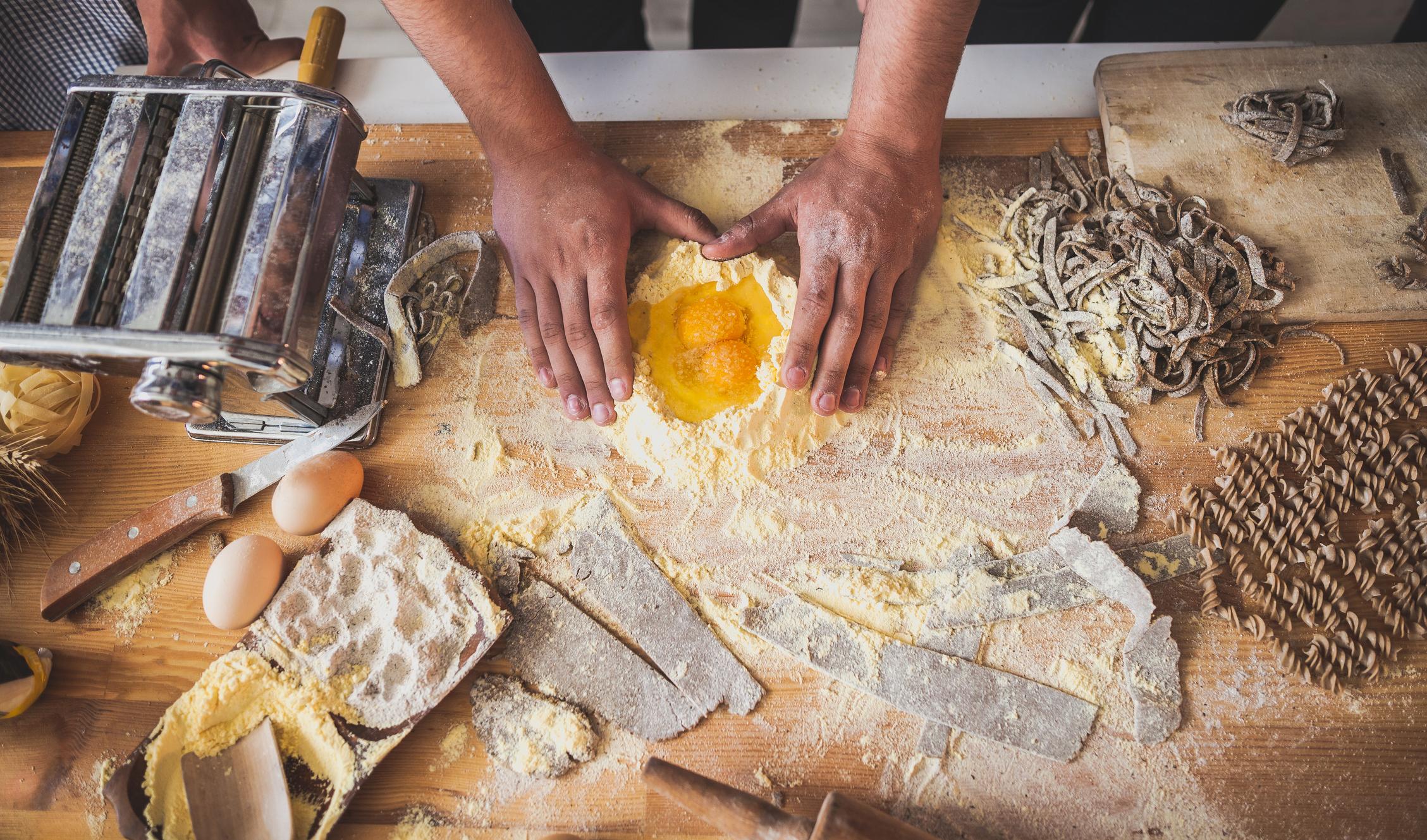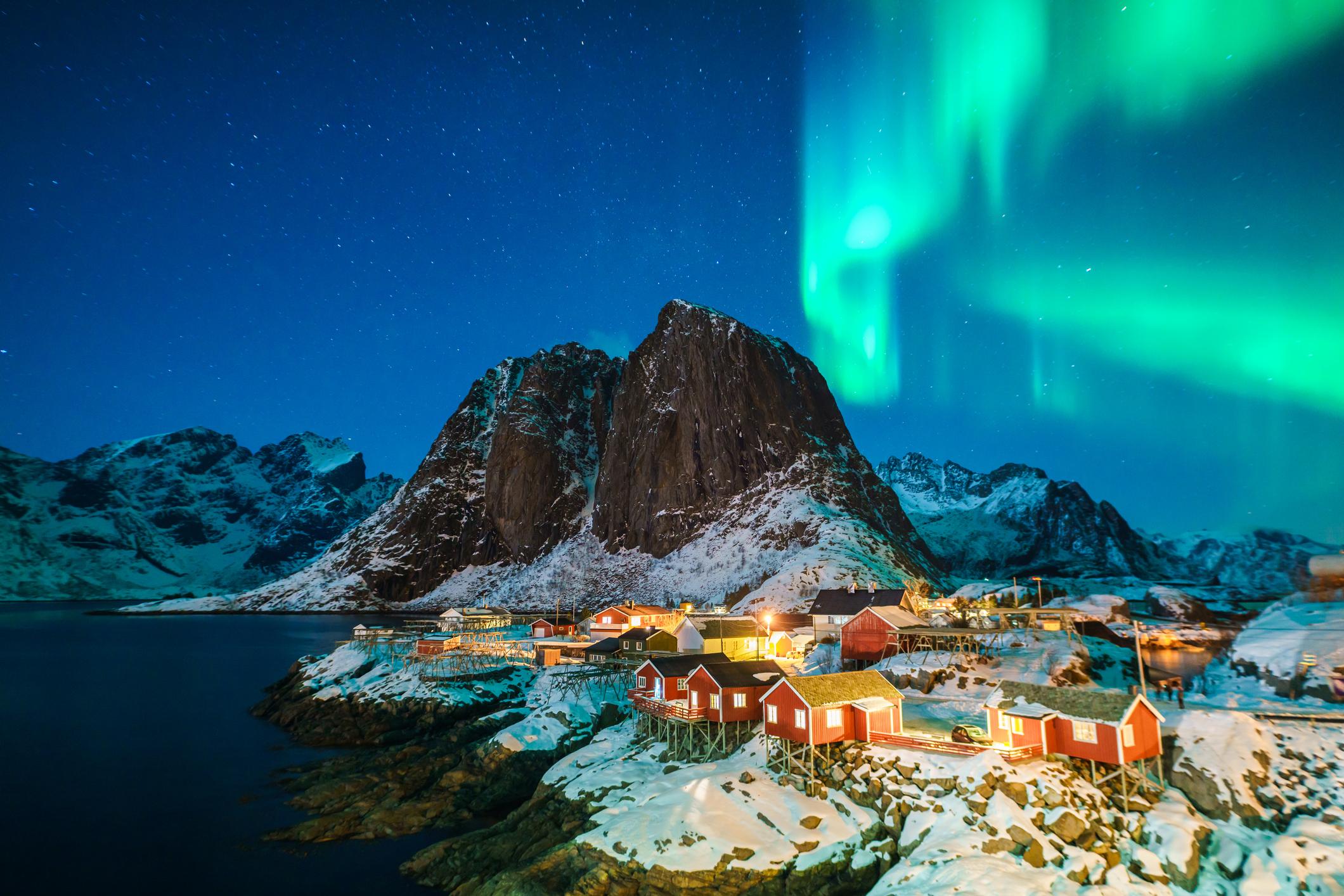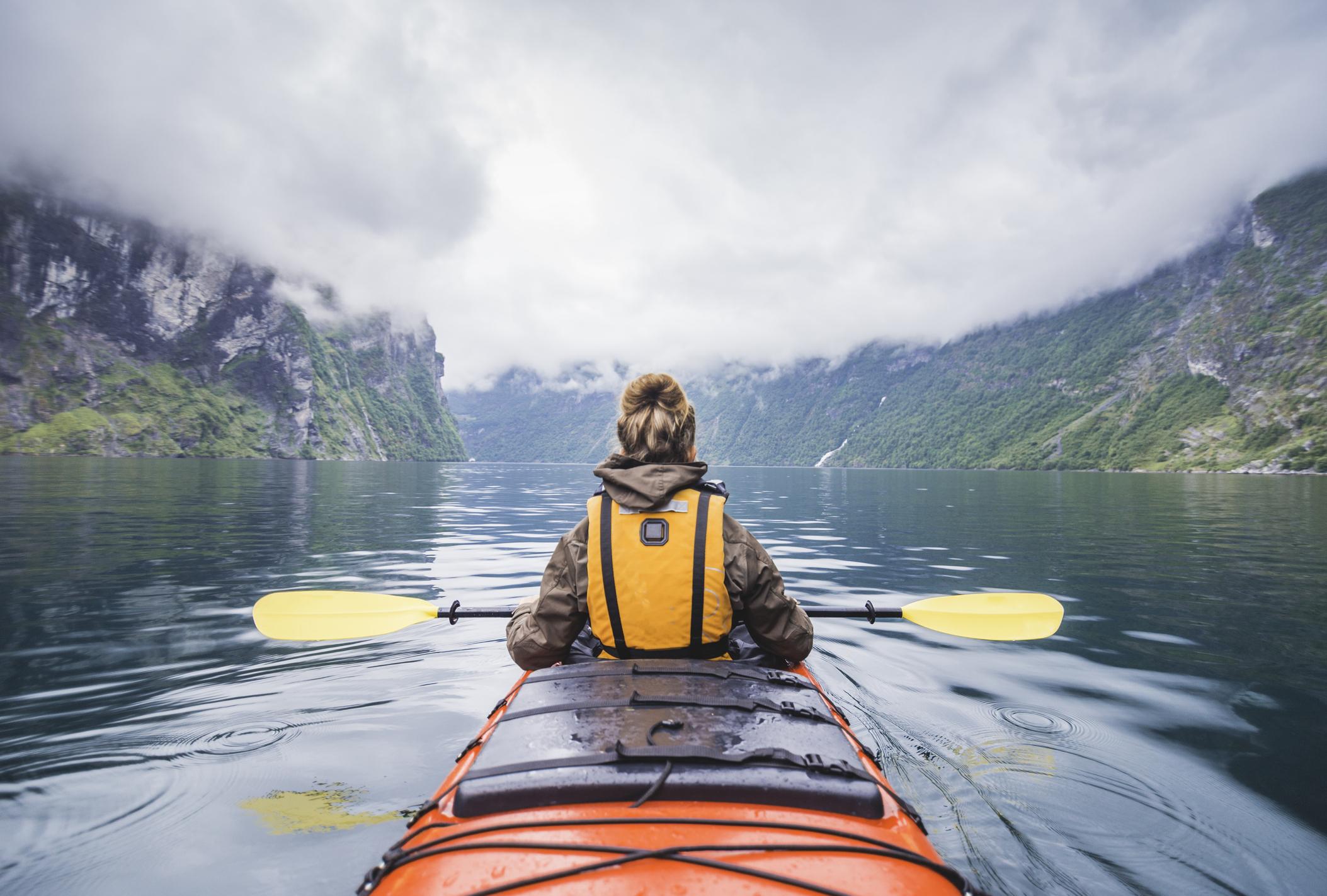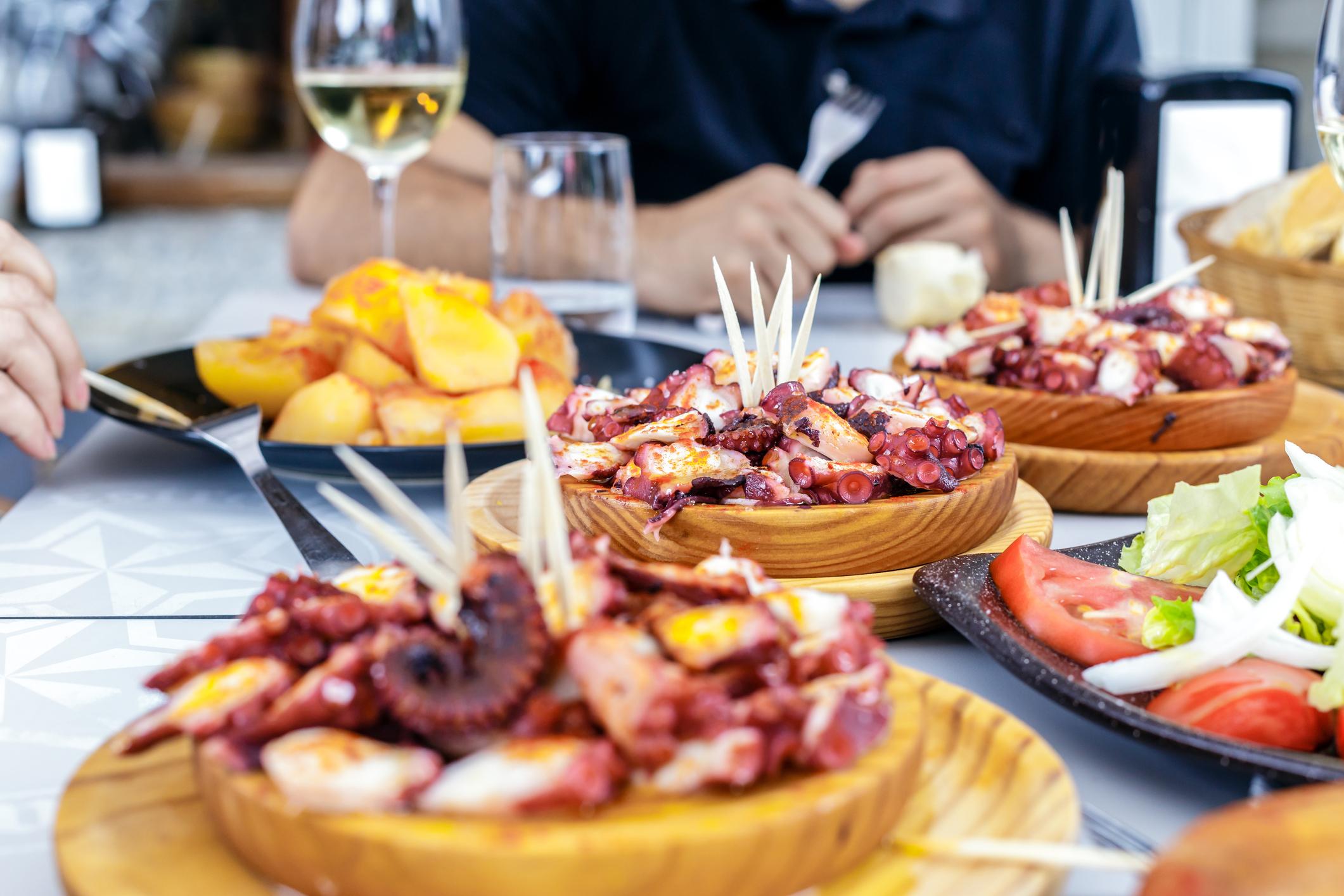The 10 European phrases to learn and live by now we have left the EU
Author and journalist Helen Russell takes a look at unique cultural terms from Europe and what we can learn from them


I have been in love with Europe since 1987 when I first took the ferry to France from Folkestone, aged seven. I was very taken with the crepes and the fact that “chocolate in a baguette” was considered an acceptable gouter. In the decades that followed, I went on 24-hour coach journeys to the Alps (an experience); hitchhiked to Amsterdam; took budget airlines to Berlin, Barcelona, Bruges; attended fashion weeks in Paris and Milan; and holidayed everywhere else I could afford. Then I moved to Denmark in 2013 and took things up a notch. I began researching the unique concepts that various nations use to stay happy and healthy.
Last year, I wrote The Atlas of Happiness – the global secrets of how to be happy – and my love of Europe only deepened. As we inch ever closer to leaving the European Union, it’s important to embrace European cultural terms that can’t so easily be translated into English, and never forget the happiness and comfort they bring. From arbejdsglaede to dolce far niente, click in the gallery below to see a few of my favourite terms and what we can learn from them.
Helen Russell’s book, The Atlas of Happiness: the global secrets of how to be happy, is out now (Two Roads, £16.99).
The unique cultural terms we’ll miss most

Finland: Kalsarikannit
The country of snow, heavy metal, elk stew and the happiest people on earth also boasts an unusual national pastime: kalsarikannit (pronounced “kal-sa-ri-kan-eet”), or “drinking at home in your underwear with no intention of going out”. From the Finnish kalsari, meaning “underpants”, and kanni, meaning “state of inebriation”, kalsarikannit is literally “pants drunk”. The term first appeared in the 1990s, gaining popularity online in the early 2000s before being inducted into the Institute for the Languages of Finland’s online dictionary in 2014 and even getting its own emoji, commissioned by The Finnish Foreign Ministry. Forget “Netflix and chill”: in Finland, it’s Netflix and kalsarikannit. Try turning up the thermostat, pulling on your Viking pants and raising a glass to our Nordic neighbours, kalsarikannit-style.

Denmark: Arbejdsglaede
Happy Danes have arbejdsglaede from arbejde – the Danish for work, and glaede – the word for happiness. The term literally means “happiness at work” – something that’s prioritised in Scandinavia. Most Danes can study for free, and even get paid to do so over the age of 18, so more people train to get jobs in fields they’re interested in. The flat hierarchical structure means that it’s totally okay to call out a boss or colleague, and there’s a great love of consensus – so everyone gets a say. Because of the high taxes, the majority of Danes aren’t primarily motivated by money, so they opt for a job they actually like. Oh, and Danes don’t do presenteeism. The result? Denmark has the happiest workforce in the world. All hail arbejdsglaede.

Germany: Gemutlichkeit
From gemut meaning “soul, heart and mind”, gemutlichkeit (pronounced “ghem-ud-lich-kai”) is a German noun meaning “cosy”, “comfort inducing” or relating to a sense of belonging and social acceptance. First documented in 1892, the word became associated with a distinctly German set of traits. Gemutlichkeit differs from Danish hygge in that it’s more private and must be earned, with good, hard Lutherian endeavour. “It’s great to experience gemutlichkeit, but not too much,” is how one Hanover local put it: “Because then you might actually become gemutlich.” Calling someone gemutlich would mean they were lethargic or lazy. So Germans prefer to work hard, then stop to have a nice time (without ever becoming gemutlich).

Greece: Meraki
The country of Dionysus and dancing with a glass on your head, Greece also boasts a quieter, more contemplative way of pursuing pleasure that’s less well known beyond the country’s coastline. Meraki is the idea of pouring yourself into something with love, care and passion – a precise, soul-enhancing pursuit that Greeks have excelled at for millennia. Meraki is often related to creative pursuits – anything from painting to cooking to laying the table with flare. It isn’t about dialling it in or multitasking: it’s a dedication to the task at hand without distractions. Your meraki can make life worthwhile if your nine to five is more of a daily grind, breaking up the cycle of mundane work with things you’re passionate about that you can genuinely look forward to doing.

Iceland: Tetta reddast
Tetta reddast (pronounced “tah-tah-rah-dost”) or “it will all work out” is Iceland’s unofficial motto. The phrase characterises a nation of modern-day Vikings who are easy going with a core of grit – an unusual yet powerful combination. Icelanders have survived and thrived in a climate so brutal, and a landscape so otherworldly, that Nasa dispatched Apollo astronauts to Iceland to train for the first moonwalk. Sunshine is such a rarity, even in summer, that workers get an ad hoc “sun holiday” to savour an uncharacteristically sunny day or an “Icelandic heatwave” of 18C-plus. Yet Icelanders regularly rank among the happiest people on earth – thanks to tetta reddast. They’re taught to be resilient and encouraged to develop a strong interior life to cope with the long, dark winters. And if Icelanders can stay upbeat while living in a fridge for most of the year, so can we.

Italy: Dolce far niente
Dolce far niente – or the sweetness of doing nothing – is a much-treasured concept in Italy, often hashtagged on Instagram accompanying pictures of Italians in hammocks. Italians do nothing like no other nation and perfecting the art takes style, skill and a certain attitude that the rest of us could learn from. Crucially, it’s about savouring the moment and really enjoying the present – a concept that’s radical in its simplicity. Many of us search for relaxation by travelling to exotic locations, drinking to oblivion or trying to blot out the noise of modern life. But Italians let the chaos wash over them. Instead of saving up their fun quota for an annual escape or boozy weekend, they spread it out over the minutes, hours and days throughout the year and enjoy life in all its messy reality.

Netherlands: Feestvarken
The happy Dutch have a whole raft of delectable words that we should all steal for our own lexicon such as the delightful feestvarken, translated as “party pig” – or someone in whose honour a party is being thrown. The feestvarken has a responsibility to ensure that maximum fun is had by all – and that the refreshments are flowing.

Norway: Friluftsliv
Quite aside from their enviable Scandi lifestyles and the safety net of all that oil, Norwegians have a secret ace card up their sleeves: friluftsliv. This roughly translates as “free air life” and it’s a way of life for most Norwegians, who like to spend time outdoors as often as possible. There’s a saying in Norway that, “you must make an effort before you can have pleasure” and most Norwegians believe you have to work for things – to earn them with physical endeavours, battling the elements. Only once you’ve climbed a mountain in the rain and cold, can you truly enjoy your dinner. It’s an old-fashioned approach to the good life but it’s one that works – friluftsliv has kept Norwegians top of the happiness polls for years.

Spain: Sobremesa
The Spanish have a word that specifically refers to the conversations that take place post-food: sobremesa. Often linked to the idea of being too full to move, sobremesa is akin to being pinned down in your chair by the sheer weight of your own stomach. This not-unpleasant sensation means that you have no option but to surrender to woozy, relaxed, carb-induced conversations with the people you’ve broken bread with. The idea of a good life without sobremesa is unthinkable to most Spaniards and the experience can last anything from 20 minutes to several hours.

Sweden: Smultronstalle
Smultronstalle (pronounced “smul-tron-stelle”), originally meant “wild strawberry patch” from the Swedish words smultron meaning “wild strawberries”, and stalle, meaning “place”. In use since the early 20th century, smultronstalle became synonymous with a bucolic retreat where one can go to escape the world. Now used to describe a quiet place to retreat or relax; your favourite space where you can go to forget your troubles. Every Swede will have their own version of this which can vary from a favourite leafy glade in a park to a beloved chair.
Join our commenting forum
Join thought-provoking conversations, follow other Independent readers and see their replies
Comments